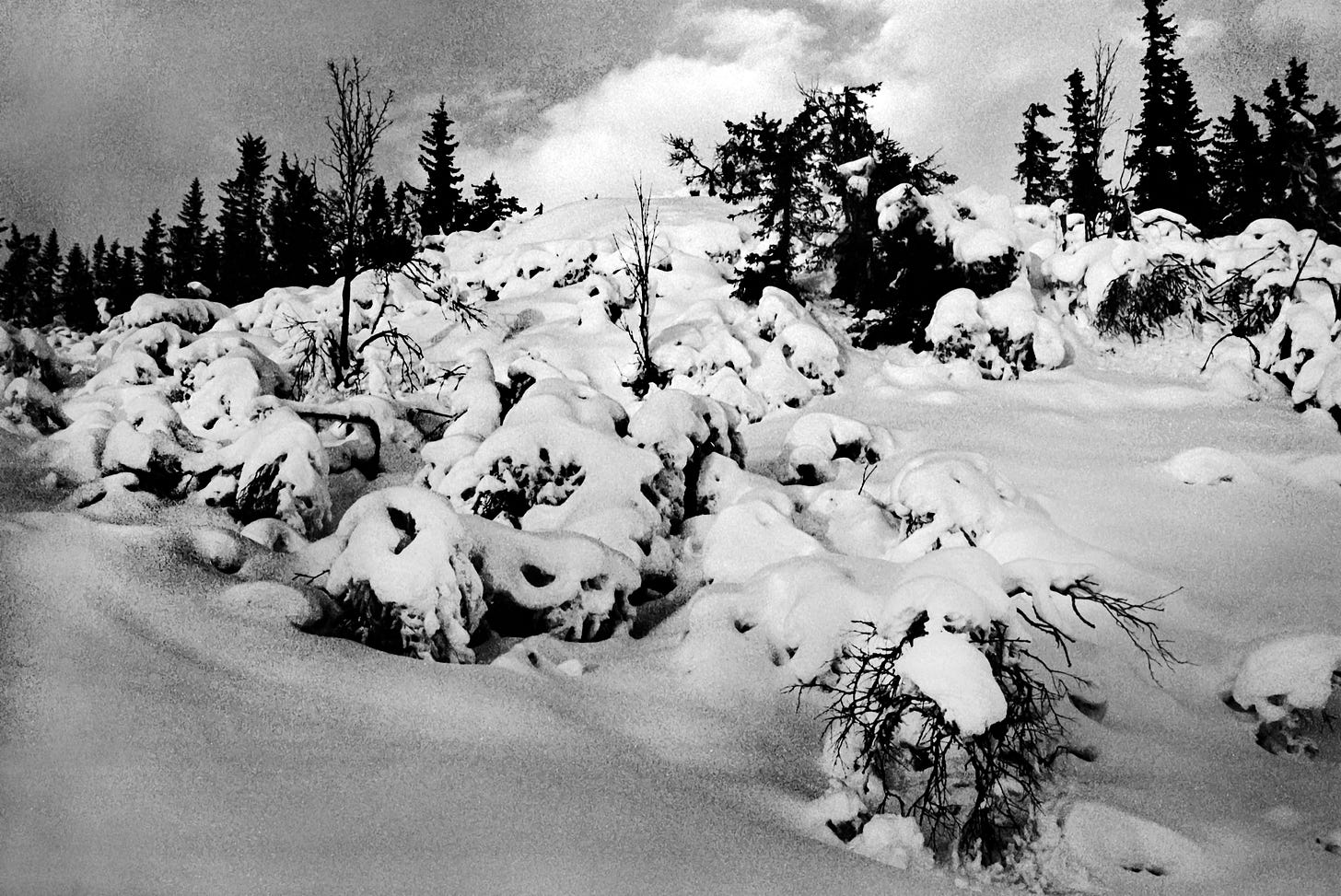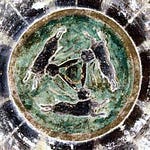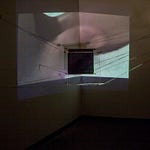Though the availability of dictionaries has reached greater numbers of people than ever in the past, including the history of those words in etymological dictionaries, the use of words remains a contention within certain psyches.
This has always puzzled me, as someone painfully aware of her ignorgance, sought to find out, learn, and while at it, continue to find the truth. Just because something is obscured or challenging to comprehend or understand doesn’t mean it cannot be done. And in the loss of illusions, the pain of traumatic experience has created an illumination from within. This type of personal alchemy formed the basis of the Enlightenment, the notion of “the way”, and situates itself at the heart of biased sources of opinions and news and facts.
Though there is a greater volume of information in peoples’ pocket computers, the plethora of voices points to a similar fact of life and buttholes. That’s right; we all have them. So if we are to distinguish bogus from real, falseness from bonafied, this is why I don’t rely on news sources or social media. For one, the main reason I am not a journalist is because I do not want the authority to tell people what or how to think. For another, journals and peer-reviewed journals also have possies with people who can be bribed or fearful of speaking against “their tribe,” but are closer to reporting documented information without a conclusion jumped to. With all the emphasis on NOW circuiting at the same time of “watch out for this invisible thing or that possible outcome”, the energy put into those dissonant tracts doesn’t alleviate the need we have for sovereignty or inner peace. I cannot pretend to know what will, because I managed to regulate a lot of internal body processes with breathing and focus, but seeing where in medical and government systems, even social groups, who or what I could actually trust has been nearly an 8 year long process.
So I really wonder why anyone would want to frown upon vocabulary choices, when the caverns of the mind can be painted with greater specificity? Labs and imaging have greater sophistication in showing us the parts too small to see, and psychologists or good friends can ask questions instead of telling us what to think or do (that’s a best case scenario too, as even psychologists get trained with cues to encourage individualism.) We no longer envision in 2-colour or stick drawings, though those are still trending, the ability to envision in holographic space has emerged.
In this vision space, the parietal space also reveals the subliminal space. Jung isn’t that mysterious still today is he? Of course in some contexts, yes. I mean, what lay under a shroud anyway? a corpse or an livened body? This is what makes the internet such a schizoid place; the contexts are overlapping. In grad school I called it intercontextuality, a concept I don’t think I made up, but somehow drew diagrams that made sense, still at this time. Our different reality layers mesh in alignment or clash, making areas of harmony and areas of dischord. Of course the fastest solution is to shut off the resource, but then it’s to find shared literacy with language and pictures, desires and visions all over again. Where is that space aside from the grandiose space (and i mean outer space) orientation?
I tend to notice a sense of fatigue around media and communication lately. The bore of the projecting, the hunger for relating, the nausea of another self-development workshop. So I went to church tonight, in Paris, because there wasn’t a line to get in. What I got there was a similar thing I could at a workshop; there was song, there was spacious air, and everyone just being present together around some words and symbolic rituals.
To shroud anything in mystery is to toy with someone’s time, and therefore waste their life fooling them of the inevitability of death. Perhaps this way of thinking is how I avoided cults and can entertain interest in nearly any kind of story: because there is always something to learn, even if it’s a bit dry or spicier than preferred.
So when it comes to decoding languages and signs, and making sure when it is understood when I say “parietal or temporal” interests, I mean that: the space inside the brain and the sense of time. Is the parietal area of your brain feeling like a pretzel? a headache? or clear and focused? Even if you and I stood before a tree and saw different parts about that tree, don’t you think we could both acknowledge the tree exists, so therefore it seems obvious to me: existential quandaries are more about subjectivities than actualisations.
As I express my sense of time having been hijacked, I hear others say the same. This isn’t ordinary sense of shift in temporality but a more wide-spread liquification, which I logically attributed to the loss of delegated labor. Our pocket computers were in some places nearly forced into acquisition. Without a mobile GPS device, which mind you, my Google maps worked the other day when my 4G service was randomly not working, we are confined to what is known or forced to learn to navigate with other devices (a compass, landmarks, street names). And as the phone enabled more people to find out for themselves, the orobouros grew.
At a certain point, there will be no space or body for the snake to continue to eat. There will be a lump, an sort of butthole mass. And in this case, I am not talking about church mass, though horrific histories of people watching christ be strewn up on a cross under the lie of his death forgiving everyone else’s wrongs, is really what we look at today as governments choose a well known figure to punish for the behavior matched by his or her own, to show others to dare not seek the truth or risk persecution. And now employers and institutions are doing this: do as I say or else you’re out.
Friend, writer, librarian and supporter of my work had said this among other things that stuck with me: no one is as evil as all of us. I not only lamented but challenged that thought with WE CAN DO BETTER and we have every tool at our disposal to learn how to free ourselves from the violence of our own ignorance. Self-flaggelation is not doing better; self-love can also turn just as foul as in the proliferation of me-first always attitudes. When it some to social psychology, placing the power on a sign or symbol OUTSIDE of our body immediately makes us subjects instead of agents. The thing about becoming an agent is responsibility, and that’s the part I’m not sure anyone wants.
When it comes to every argument or misunderstanding under the sun and moon I have felt, heard, or witnessed, there was usually two people with personal bias describing reality in a way that either placed themselves or the other as higher or lower than the other. Instead of understanding the other, there was dominance, or in the case of someone like me assuming people wanted understanding, beauty, intelligence, love, and harmony, a sort of stomping on- a kind of glee only childish bullies seem to reach for.
And with that, I’m careful with this assertion on art, because I’m not policing what is out there, simply describing from a bias that I think a bunch of other folks are also wondering: WHAT IS WITH ALL THE PILES. Go to any exhibition in the last year or see any photos and you are sure to find piles or heaps of anything: clothes, candy, and people saying there are only copies of copies of copies…well yeah if you just keep doing that, then sure. But have you thought about what really matters to you? Instead of therapeutically making your life a hero or victim in the world, be so bold as to do something quirky or loving, sincere or even cheesy as it becomes the closest to what makes your own life feel meaningful?
I ask myself these things daily; so that is the only reason I feel comfortable asking you: do you think these piles are asks for poetry? Because I had to look up this word while on the Trélex Poetry residency…what the heck is poetry or a poet, and lo and behold:
'Poet' comes from a Greek word meaning "to make." The word poet, which has been in use in English for more than 600 years, comes from the Greek word poiētēs, itself from poiein, meaning "to make." The word also shares an ancestor with the Sanskrit word cinoti, meaning "he gathers, heaps up."
In that I balked at being called an artist my whole life, until that was about the only thing I could see was worthwhile making some good in the world, and I speak for myself here, aside from becoming a mom, what else could I actual answer people with the question of : What are you? I was a copywriter, a designer, photographer, website maker, babysitter, writer, barista, server, maid, yoga teacher, and all the while I was writing some pretty terrible poems that I’ve dusted off and figured out what in the heck the heaps were really all about.
There will be 4 of them, books of poetry that is, including some photography, which is still probably my favorite form aside from textiles and fashion, because of the self-evidendet nature of touch and vision. There’s also parfum…but that will be another topic.
I think there are a great lot of poets bagging groceries, cleaning streets, delivery babies, running diagnostic blood tests, and doing a lot of important things in the world. But having time to focus on poetry still befuddles me and everyone I tell. Wow, who in the world holes themselves up in a beautiful city to write poems. Well, I guess I do. Now the question of who are you? Well I was called Rachel Marie Wolfe at birth, but a name is another theme for a different post. And The Cookie Jar, may be better off called La Lapin, for it kind of sounds like the pen when said fast, and I am female, through and through, and have always been a curios rabbit. And if people are against animal testing, then why are they not more against people testing? As a rabbit that refused certain tests, I understand liberty, egalitarianism and friendship is always found in the field and carefully burrowed with family.












